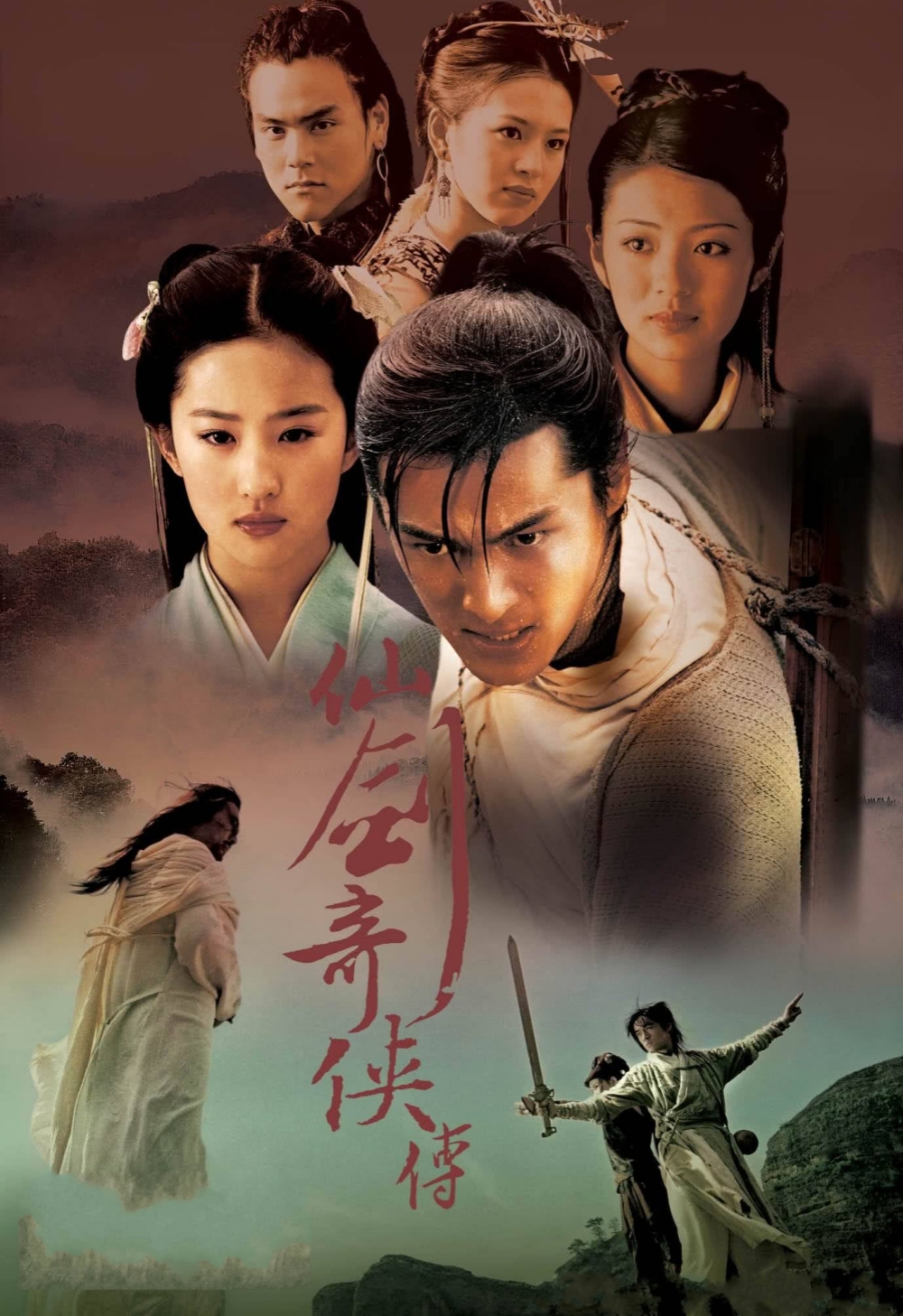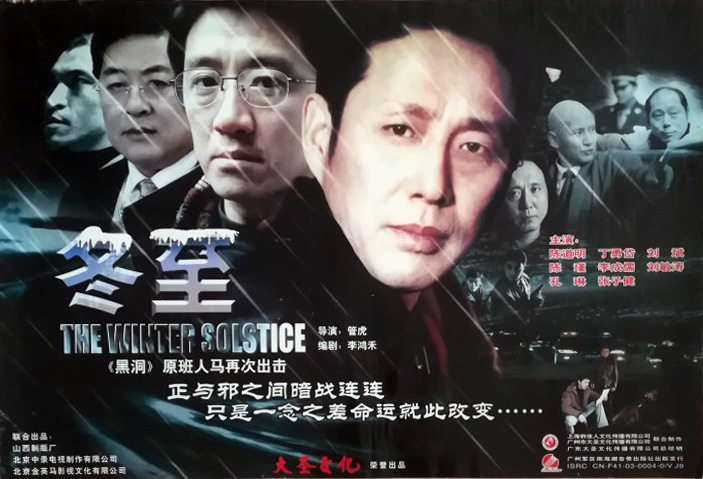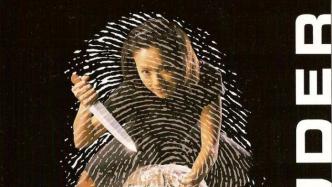
Editor's note: This is a nostalgic theater.
Recently, a celebrity murder case in Hong Kong was once on the hot search. The victim had quite a reputation in the society. It is said that the ex-husband’s family joined forces to kill her because of property disputes, and then destroyed the body in order to avoid guilt. The case is still under trial, so it is inconvenient to speculate on the outcome, but the cruelty of the crime is still quite terrifying.
In fact, Hong Kong is not just one place. There are major crimes happening all over the world from time to time. Perhaps human beings are based on animal instincts of curiosity and fear of death. The urge to learn more about the inside story. Just like the "Nanny Arson Case", "Hangzhou Women's Disappearance Case", "Peking University Student's Murder Case", "Lao Rongzhi Case" that have occurred in the Mainland in recent years, and even the "Hu Xinyu Disappearance Case" that has just given the conclusion of the investigation, it has been triggered for a long time. Due to public attention, all kinds of speculation and gossip have been rampant, forming more confusing "truths" in addition to the actual closing report.

Search for "Ten Strange Cases", and Baidu will directly list the links of "Top Ten Strange Cases in Hong Kong" for you. As for who said the "top ten", Baidu can't answer this question.
Although crimes are unavoidable in the human world, there are always more "Hong Kong Mysteries" in memory, and the unimaginable plots and cruel methods seem to exceed those in other regions. Of course, this is not because all the villains have gone to Hong Kong, but because various tabloid weekly magazines are more keen to dig out the details of local crimes, coupled with the gossip and curiosity of the citizens, they often report more vividly, with all kinds of embellished details, wishing to lure readers to commit crimes Empathize with the scene.
If you search for "Ten Strange Cases in Hong Kong" on the Internet today, you will indeed find ten murder cases that happened in different eras, and the explanations are similar. It seems impossible to trace which weekly media magazine first listed these cases among the "Top Ten". It's just that this statement is now becoming more and more a conclusion with the accelerated dissemination of self-media. With the help of the speech of the TV program, "whether it is the distortion of human nature or the loss of morality", it may be both. In short, the more people describe it, the more shocking the bizarre details of the case, and it has also aroused more warnings from the public.
In addition to various news description channels, movies, as an important mass media, also played a role in exacerbating the spread of these "strange cases". Even though there are quite a few crime films from all over the world—such as Hollywood, the largest film production base—they don’t seem to be as keen on making direct adaptations of reality as Hong Kong films, digging out the details of various “adaptations from true crimes” . This may explain the social and cultural psychology of the Chinese. In addition to the official orthodox history books, everyone also has a potential custom of "finding the truth from official and unofficial histories".
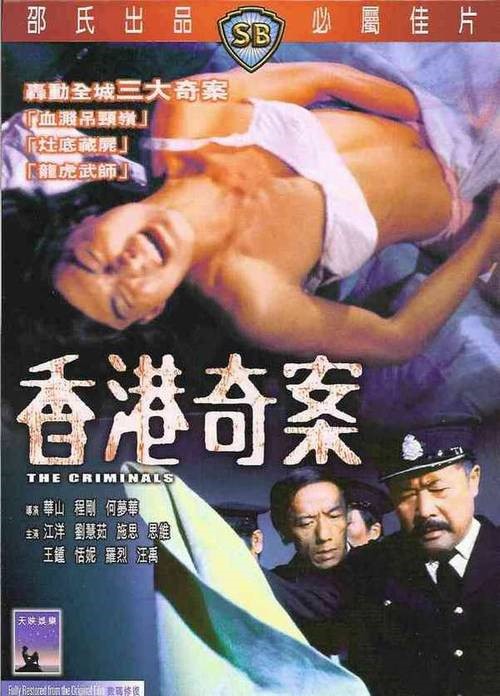
In 1976, The Strange Case of Hong Kong produced by Shaw Brothers can be said to be the originator of this subject. Stylistically it's not too different from other Shaw's thrillers.
The creation of "Strange Cases" in Hong Kong films can be traced back to 40 years ago, and the earliest is probably "Hong Kong Strange Cases". Completed in 1976, this film is a new type of theme that Shaw Brothers Film Company tried in addition to the main genres of martial arts, history, and romantic comedies. It brought real-life crimes to the screen in a slightly horrifying style. Once it was released, it received a good response, and quickly added four sequels in two years, which is quite commercially successful. This set of five films, each composed of two to four independent and complete stories, emphasizes authenticity and novelty. In addition to writing a chapter by Ni Kuang, the screenwriter of Shaw Brothers, this first hit was an instant success. In addition, Cai Lan, who has worked in the company for many years, also contributed a scriptwriting chapter .
Although this set of films is not much different from the standard works produced by the Shaw Brothers assembly line, and there is no strong artistic creativity, the title of "Hong Kong Strange Case" has remained. The thrilling and tense atmosphere of the first story "Corpse Hidden at the Bottom of the Stove" also established a popular style that is deeply remembered by the audience, and became the originator of all future films.
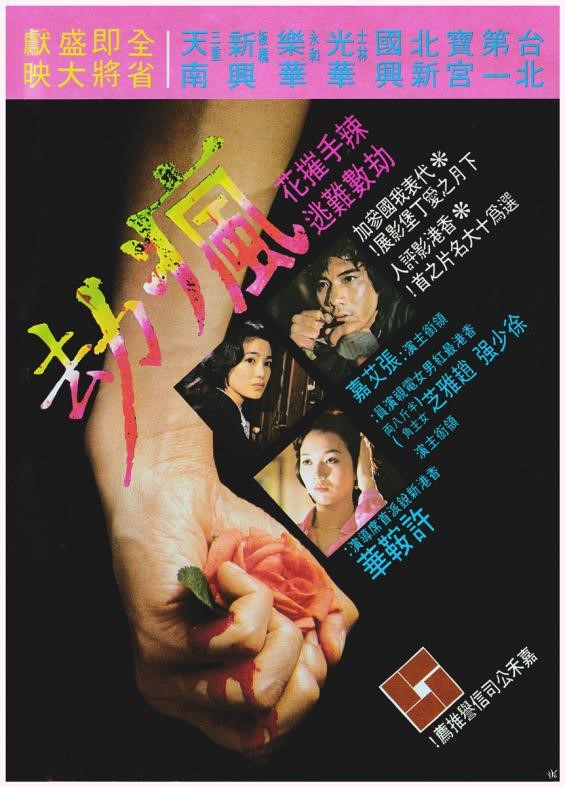
"Crazy Robbery", directed by Xu Anhua, starring Zhang Aijia and Zhao Yazhi. You think these female cast members are gentle and elegant, but in fact the style of the film is very scary.
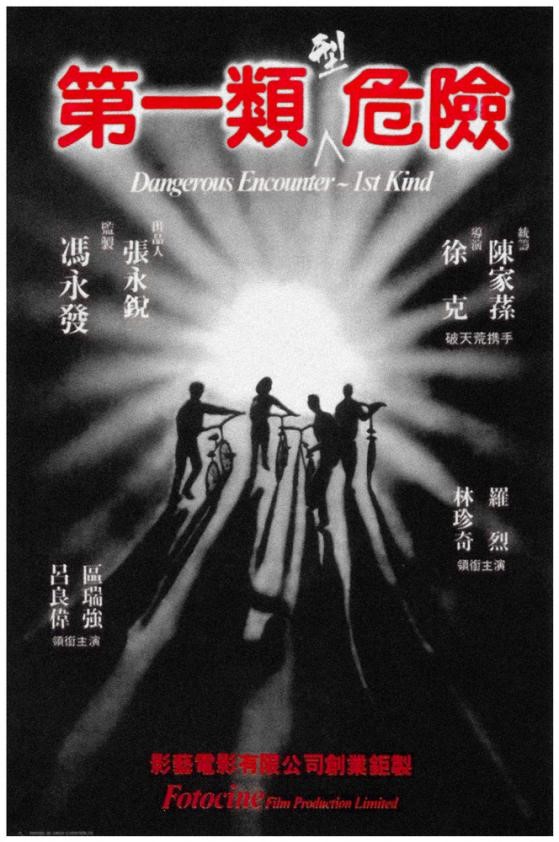
Tsui Hark's "The First Type of Danger" was blocked by the British Hong Kong government when it was released. The style is full of realistic impact, breaking through the artistic style of the mainstream commercial film assembly line.
The real prosperity of Hong Kong films began in the 1980s. With a large number of young production staff entering the film and television industry, they gradually broke the monopoly of major film studios on mainstream film styles, and entered into "" New Wave" era. Many of these young directors have filmed eye-catching crime themes at the beginning of their debut, and their sharp style can make people's eyes shine. For example, "Mad Robbery" (1979), which was well received by director Xu Anhua, is a relatively intuitive theme of violent murder. Murder Case". "The First Danger" (1980) filmed by Tsui Hark describes a group of idle teenagers involved in crimes, who made a lot of earth bombs and caused social panic. The source is the mass movement in the 1960s and the Hong Kong British government violent conflict. Although the two old incidents were not listed as the "Top Ten Strange Cases" in the future, they can be seen as actively moving closer to realism with the help of social cases in the development of film materials and artistic style.
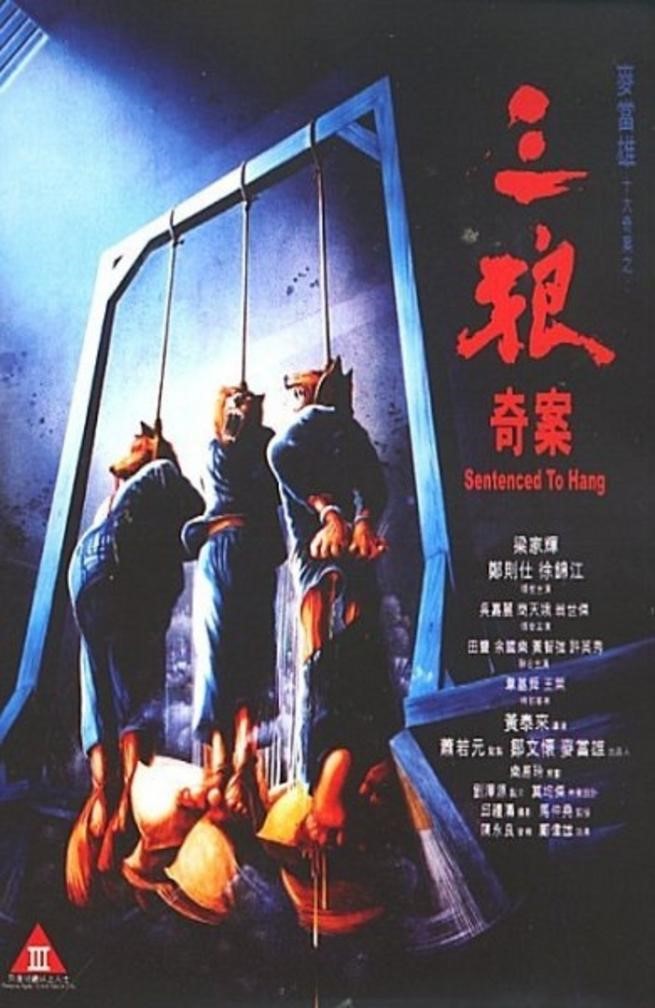
"The Strange Case of Three Wolves", don't be misled by the horror posters and the third-level marks. In fact, the film itself is relatively serious, a small character film with realism care.
In 1989, under the background that the style of Hong Kong movies became more and more mature, "The Strange Case of Three Wolves" was regarded as setting a benchmark for the subsequent "strange case movies". The "Three Wolves Case" happened in Hong Kong around 1960. The main reason was that three gangsters jointly kidnapped the son of a wealthy businessman for ransom, and then kidnapped the wealthy businessman himself. Because the three men wore wolf-head masks when committing the crime, it was named "Three Wolf Case". This case can be regarded as the rampant robbery under the chaotic management of the British Hong Kong government in the 1990s. It is also the only kidnapping case among the "Ten Strange Cases". In the 1990s, there were many "major cases" in Hong Kong, such as kidnapping and robbing banks. The methods were very wild, and there were many Hong Kong movies showing them, which are generally regarded as another type of entertainment "gangster film" theme.
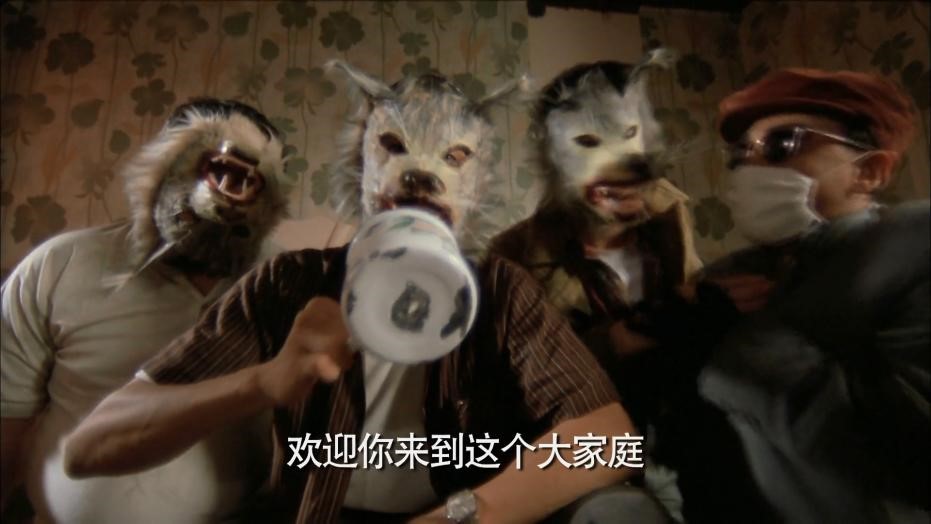
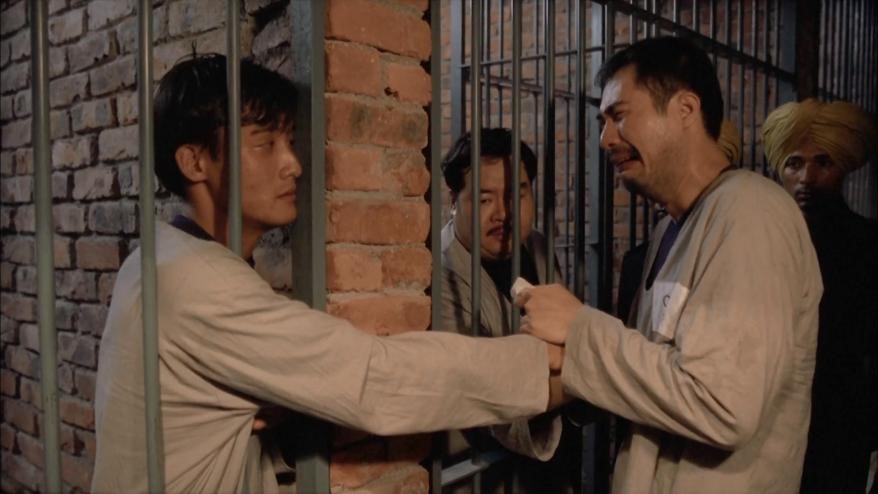
This film is directed by Huang Tailai, and Liang Jiahui, Zheng Zeshi, and Xu Jinjiang will play the gangsters. Because the screenwriter, director, and actors all have considerable creative standards, in addition to the novelty and violence factors of the case, the film also pays great attention to depicting the sad situation of the little people under the gap between the rich and the poor in society, and their psychological journey of committing crimes due to pressure. , to create an image of a criminal who is both terrifying and sympathetic to the audience. It can be said that in addition to the horror of the previous strange case films, the film began to explore the social background of the crime, focusing on shaping complex environmental factors and richer characters. In addition to the pursuit of violent entertainment, it also focused on the real society criticism.
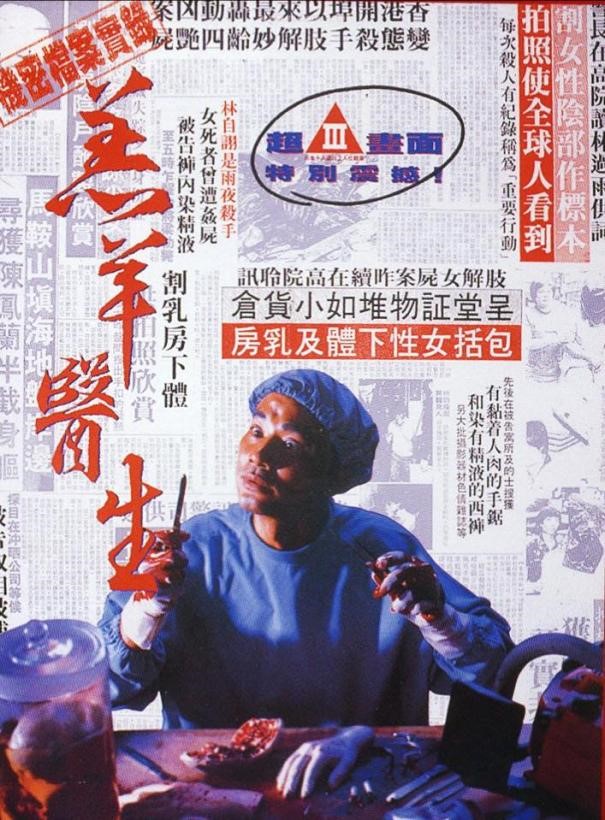
"Doctor Lamb" is probably the first successful "mysterious case film" in the 90s when Hong Kong films were booming.
In the 1990s, the Hong Kong film market entered the golden age of box office explosion, and the number of "strange case films" also began to double. The weakness of social security has also made several major civil cases the source of stories for many films.
The first is the more famous "Rainy Night Butcher Case" that occurred in 1982. The main reason was that the taxi driver Lin Guoyun was mentally disturbed on several rainy nights, and successively attacked and killed four innocent women. This case was made into "Doctor Lamb" (1992) by director Danny Lee, in which Ren Dahua played the perverted taxi driver, which left a deep impression on the audience. There are several other adaptations of this case, all rough versions that were quickly produced in exchange for box office amidst the enthusiasm of the audience. Only this film is a relatively mature theme of police and criminal detectives. Although the style is deliberately horrifying, it is also in line with reality. Now it seems that the story is old-fashioned, but for the excellent Korean film "Memories of Murder" later, it may have a subtle influence.
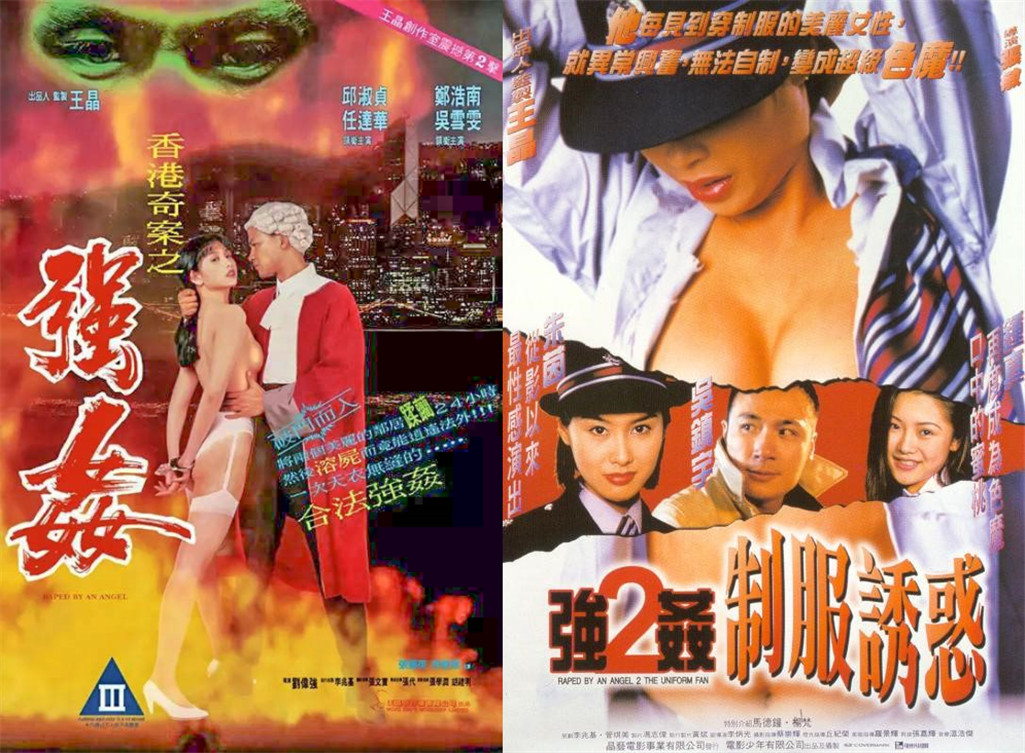
The "Rape" series produced by Wang Jing, don't be fooled by the gaudy posters. In fact, it is intended as a feature film to remind women to pay attention to safety. With the participation of Ren Dahua and Wu Zhenyu respectively, the overall viewability is good. It's just that the overall publicity strategy is relatively vulgar, and it's not right for male audiences, but it still tricks them into the cinema to pay.
The second famous strange case is the "Tuen Mun sex devil" that began to appear in 1992. Because the perpetrator violated many women in the Tuen Mun area and was not caught for more than a year, it aroused public concern. Widespread panic about their own safety. In addition to the two films "Tuen Mun Sex Demon" (1994), there is also a film "Rape in Hong Kong" (1993) produced by Wang Jing and directed by Liu Weiqiang, which uses social hot topics to play some soft pornography. , also achieved good box office results in the market, and even this "rape" series launched 3 sequels in 1998. Using pure actresses such as Qiu Shuzhen and Zhu Yin as a promotional point, it also deceived many audiences to go to the cinema. It is quite speculative commercially, but in fact the content is not too outrageous. Thinking carefully about male audiences going into the movie theater to watch the midnight show with full expectations, it is quite funny to sell it out of the movie theater. In fact, removing the vulgar publicity factor, Liu Weiqiang and other directors still made the film full of joy and entertainment, and the style is not so violent and scary.
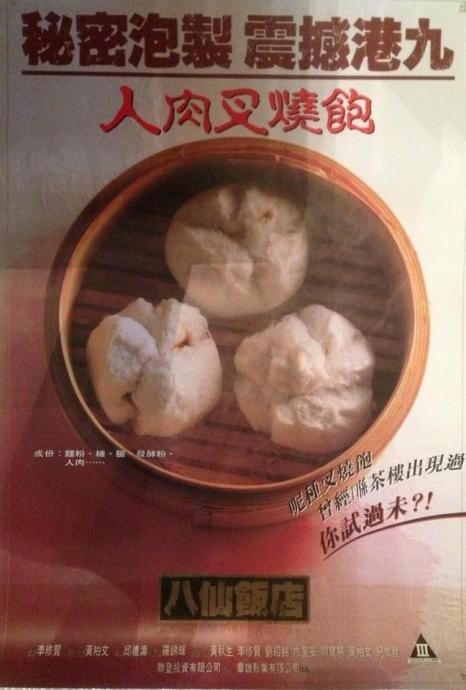
Qiu Litao was a director who made more odd-case films in the 1990s and had a quieter style. His films are never pornographic, and he doesn't even deliberately promote violence, but the films always feel cold and bloody. Maybe the crime is very bloody in reality, and the film's realistic art style will make people shudder.
Another well-known case was not included in the "Top Ten" because it did not happen in Hong Kong, but in Macau. The case was that a family of ten who ran a small restaurant disappeared for no reason. It turned out that the restaurant was replaced by the creditor. Among them, details such as the motive and method of committing the crime cannot be ascertained because the criminal Huang Zhiheng committed suicide in fear of crime. Also because the victim's complete body could not be found, the horrific factor in it became more and more disgusting when you think about it. This story was filmed by director Qiu Litao into "The Eight Immortals Restaurant: Human Pork Pork Buns" (1993), and the actor also won the Best Actor Award at the Hong Kong Film Festival. This is quite rare among the "odd case films" that are not elegant and are mostly classified as third-level and second-level B. It also shows that the film has a more concise and unified artistic style than other films in terms of the meticulous depiction of the horror atmosphere, which is actually quite chewy. This series was followed by "Ebola Virus" (1996), also directed by Qiu Litao. Even the female version of "Slayer of the Door", "Scary Chicken" (1997) produced by Yinhe Video can be regarded as an expansion of this theme. Wu Qianlian played a fictional character comparable to "Lao Rongzhi", who will never hesitate to raise the butcher's knife for her own benefit, and the degree of cold-bloodedness is astonishing. Although there is no realistic prototype, it can be regarded as an original attempt with artistic value under the trend of "odd case films".
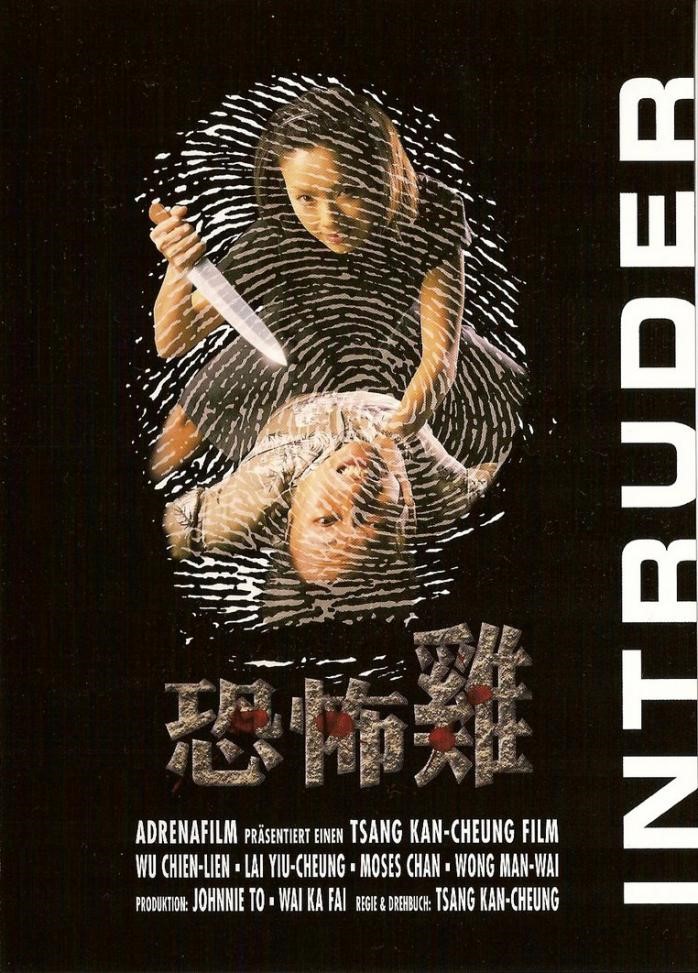
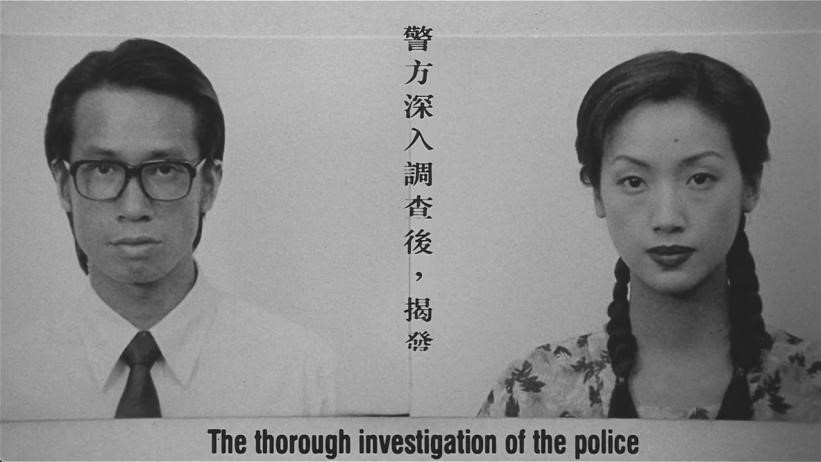
"Scary Chicken" produced by Yinhe Image has a serious theme, and it also has a certain fable that reflects reality. In fact, no matter how scary the movies are, they are all fake, which is more terrifying than the reality of life. For example, Lao Rongzhi.
In addition to these well-known series, there are also films adapted from several real-life cases such as "Hello Kitty's Hidden Head Case", "Stewardess Dissolving Corpse Case", and "Cardboard Box Hidden Corpse Case". The so-called "ten strange cases", at least one movie has depicted the main case. Some of them have a heavier taste of hunting, and their styles are more terrifying and bizarre; some of them have a slightly flat story, but because of the excellent actors such as Ren Dahua and Wu Zhenyu, it is also quite memorable.
It can be said that it was the hottest period of Hong Kong movies in the 1990s, when the number and style of "mystery films" reached a peak. Although the quality of the films varies, most of them are commercial works completed quickly, but many of them can leave people with memories. Especially in some dramas that shape the living conditions of the characters, you can often see the real humbleness of the low-level citizens in Hong Kong and the joys and sorrows of the little people. These dramas have some sincere power because they retain the tradition of describing the image of citizens in Hong Kong films.
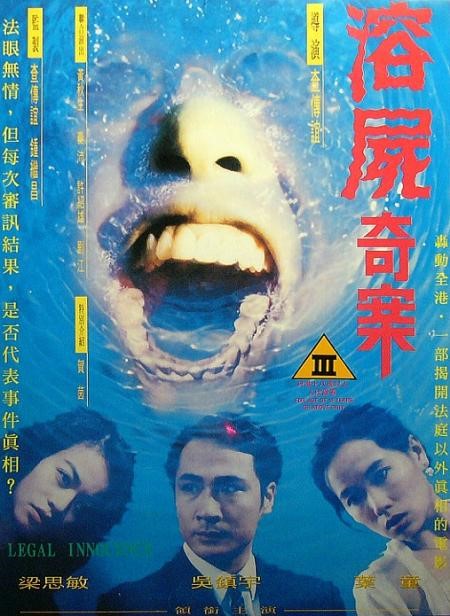
The posters of most crime films are always done in a flashy way, with the inferior quality of a street stall calendar, maybe just to sell the film better. The creation of the film is very serious in many cases, just like this "Corpse Melting Case", which is actually an American thriller style of love triangle PUA and crime.
However, as Hong Kong films entered the turn of the century and began to decline in an all-round way, the entire Hong Kong film market was in a slump, and could only be supported by commercial blockbusters such as "Infernal Affairs" with big casts. Completely disappeared overnight.
In recent years, as the new generation of young Hong Kong filmmakers have struggled to get on the road, they seem to be the same as their predecessors in the "New Wave" era more than 30 years ago. Crime film" started. For example, "Treading Blood and Seeking Plum Blossoms" (2015) directed by Weng Ziguang, and "The Corridor of Justice" which attracted widespread attention after its release last year. The adapted real-life cases also often have horrific plots such as the destruction of corpses. The complexity of the relationship between human relationships also allows the creators to find new themes for the story by depicting the lonely psychology of young criminals in addition to horror.
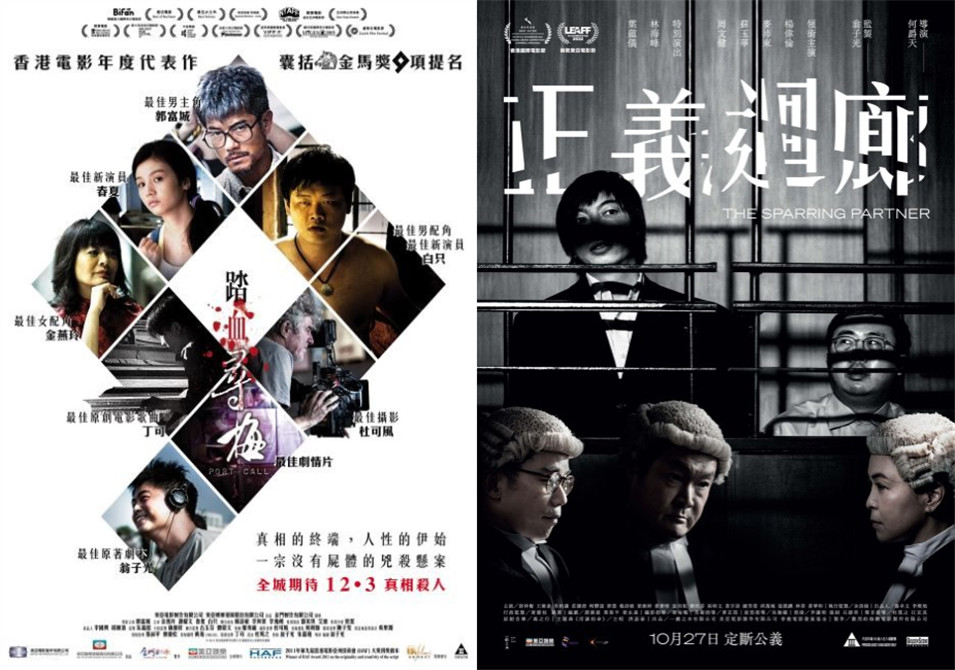
The posters of "Treading the Snow and Looking for Plum Blossoms" and "The Corridor of Justice" are both made like art films, and the movie style is not too fancy. In fact, the novelty of the subject matter is still very strong. Compared with its predecessors, the kernel does not necessarily subvert a lot. But it also indicates the rise of the younger generation of Hong Kong film producers.
Those bloody murders that could be classified as "strange cases" in the past are no longer deliberately called "strange cases" by Gossip Weekly. Perhaps for the whole society, the "strangeness" in the past is because there is always a clear separation between us and criminals. They are "odd", ordinary people are "positive", everyone is watching the fire from the other side, at most be careful to guard against dangerous elements, stay away from fringe garbage people, it is always safe. But now it seems that it is more difficult to identify who is a potential lunatic around; the nerves of ordinary people have become numb a lot. The criminal, who was also merciless in dealing with it, became more and more terrifying after thinking about it.
I hope that "Odd" will stay on the screen, and it is better not to have so many crimes that are passed around in life, making people feel that they shouldn't have happened.

